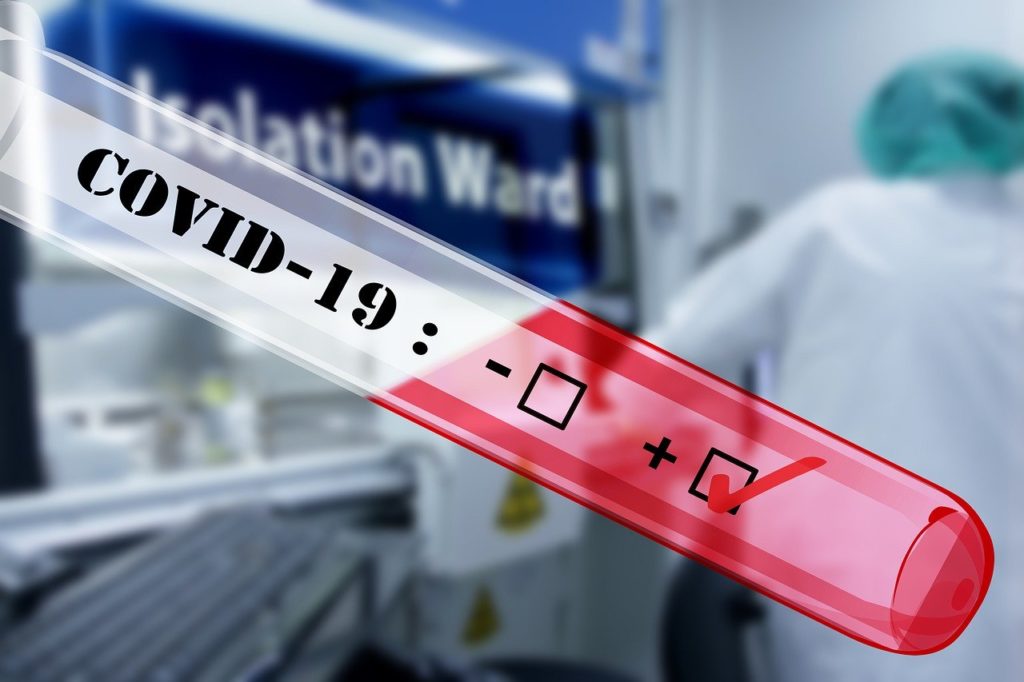Table of Contents

As the world around us is facing the impacts of the deadly virus(COVID-19) and even the developed nations are facing difficulties in controlling the outbreak of the virus. Let us get some insights about the healthcare system in India.
Who is Responsible?
The constitution of India provides for a federal system of government which makes both central and state government responsible to ensure ‘Right to health’.
The states are responsible for raising the level of nutrition and standard of living and delivering these health care services to the residents.
The central government is responsible for framing and implementing international health treaties, controlling quality of drug manufacturing, controlling national diseases and medical education.
Focus Areas in Terms of Health Sector
- Coordination between the central and state governments is required to control and stop the nationwide outbreak of the virus in India.
- Less availability of quality hospitals, intensive care units and medical staff in India can be quickly overwhelmed if cases surge.
- As the health resources such as doctors, nurses, equipment are mostly concentrated in urban areas it will require efficient management of resources by the central and state government in directing them to regional and sub-regional hotspots.
- Providing training to all health workers and keeping them updated will help in increasing their efficiency in dealing with COVID-19 cases.
How to Tackle with Covid-19?
- Extending the capacity of hospitals
- Converting the army and university area into isolation centres.
- Inclusion of the private sector and making use of their efficient and good quality resources.
- Running mobile hospital trains to remote areas where the facilities and supplies are less.
- Coordinating and motivating all health workers to outperform and engaging a variety of health workers such as Ayurveda, Yoga, Naturopathy, Unani, Siddha and Homoeopathy doctors etc.



